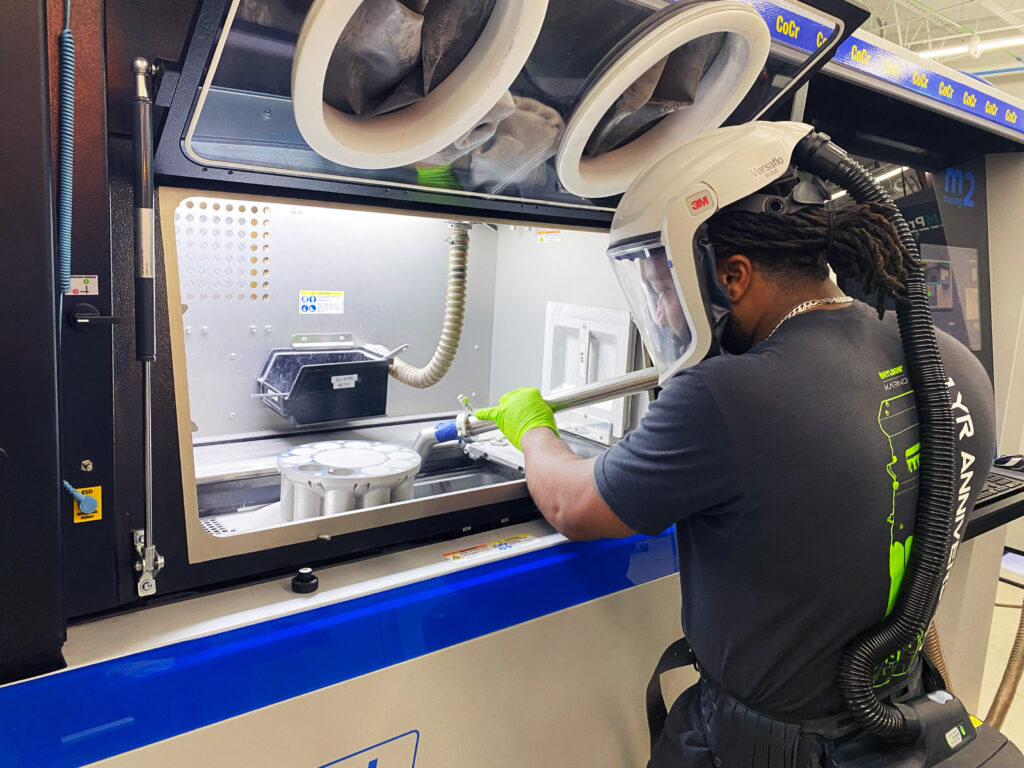
Modular in design, the Karno generator is said to be capable of operating on more than 20 different fuels (Photo: Business Wire)
Hyliion said it will be completing testing and verification of the beta generator throughout 2024 to prepare for initial deployments to early adopters.
AUSTIN, Texas—Hyliion Holdings Corp., a developer of sustainable electricity-producing technology, reported that it recently began printing parts for its production-intent design of the KARNO™ generator.
The Karno generator leverages additive manufacturing for production of many of its components, including all critical heat exchangers and thermodynamics systems. This manufacturing process not only enhances the precision and quality of the components, but also contributes to the overall improved efficiency of the generator, Hyliion said in a release.
“We are thrilled to begin printing the production-intent design of the Karno generator, which showcases another major step on our path to deploying this technology with customers,” said Thomas Healy, founder and CEO of Hyliion, in the release. “The initial 200 kW beta units will operate at our Cincinnati, Ohio, development facility in order to confirm the superior efficiency levels, ultra-low emissions, and long runtime between maintenance.”
Hyliion said it has completed designs of the major components of the beta version of the Karno generator, and it is now ready for final validation. Throughout 2024, Hyliion will be completing testing and verification of the beta generator to prepare for initial deployments to early adopters of the technology later this year.
The Karno generator is a fuel-agnostic product, enabled by additive manufacturing, that leverages a linear heat generator architecture. Modular in design, the generator is expected to show up to 50 percent fuel efficiency, require significantly lower maintenance costs, and have a much lower emissions profile than conventional generators. It is also capable of operating on more than 20 different fuels, including hydrogen, natural gas, propane, ammonia, and conventional fuels, the company said in the release.
Hyliion will be working to continue to improve the system design and leverage the flexible capabilities of additive manufacturing. The company said it is well-positioned to meet the milestones previously outlined for the completion of beta development by the first half of 2024.
